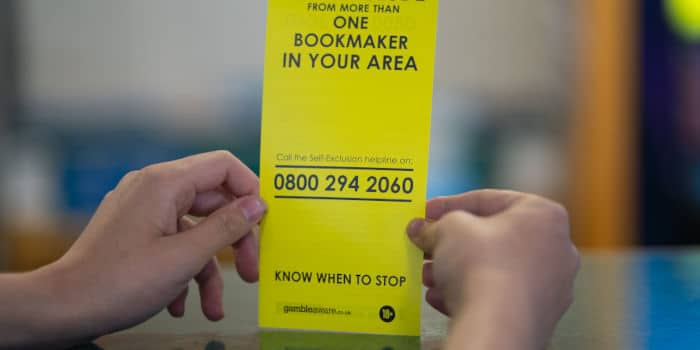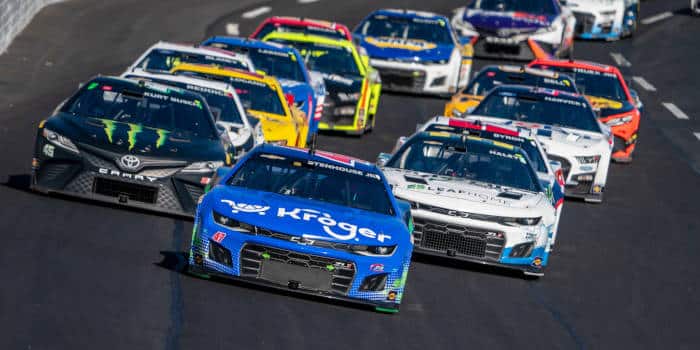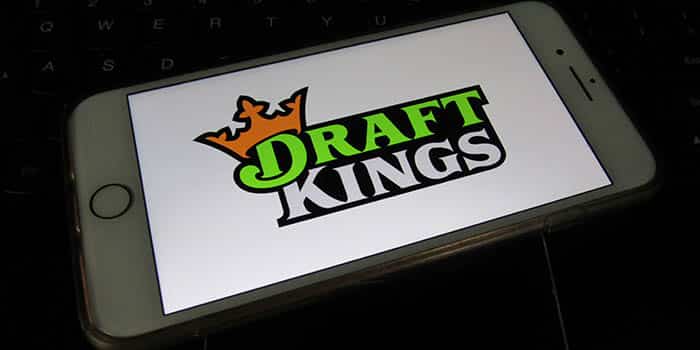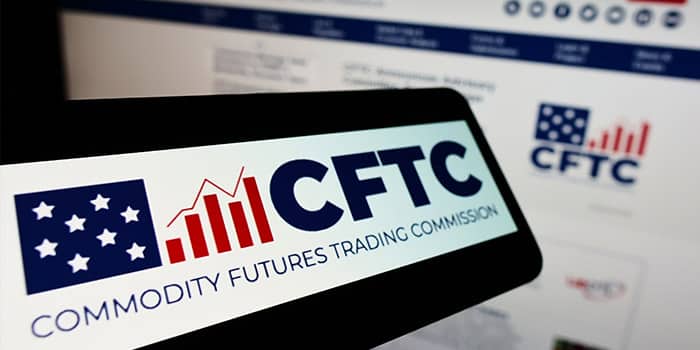- Casino
- By State
- Alabama
- Alaska
- Arizona
- Arkansas
- California
- Colorado
- Connecticut
- Delaware
- Georgia
- Florida
- Hawaii
- Idaho
- Illinois
- Indiana
- Iowa
- Kansas
- Kentucky
- Louisiana
- Maine
- Massachusetts
- Maryland
- Michigan
- Minnesota
- Mississippi
- Missouri
- Montana
- Nebraska
- Nevada
- New Hampshire
- New Jersey
- New Mexico
- New York
- North Carolina
- North Dakota
- Ohio
- Oklahoma
- Oregon
- Pennsylvania
- Rhode Island
- South Carolina
- South Dakota
- Tennessee
- Texas
- Utah
- Vermont
- Virginia
- Washington
- West Virginia
- Wisconsin
- Wyoming
- By State
- Slots
- Poker
- Sports
- Esports
Incentive Games Commercial Director Victor Pronk: “The Importance of Virtuals Can No Longer Be Ignored”

Incentive Games specializes in the development of virtual sports games that complement and often elevate the traditional sports betting experience. Throughout the pandemic, Incentive Games was one of the companies to offer a worthwhile alternative as sports were put on a temporary hiatus.
If we look at the many announcements of partnerships with platform providers and operators in the last couple of months alone, it is hard to imagine that the company is just two years old. To service these new partners and continue this growth rate, the company has bolstered its highly skilled team, almost tripling its employee total in the last 18 months.
Whilst there were no live sporting events, the company focused on its virtual sports products where it is competing with the likes of Inspired Entertainment, Kiron Interactive, and Golden Race.
This has not gone unnoticed and has resulted in industry recognition. The company has been featured in EGR and SBC, and now, we have the opportunity to speak with Incentive Games’ Commercial Director, Victor Pronk.
Q: How important is it for traditional betting operators to realize the potential of virtual sports?
A: We think it is really important, but we would say that, wouldn’t we? Seriously though, virtual sports were important before the pandemic, during the pandemic and after the pandemic. Like all major verticals, it is a necessity in most regions of the world. In a competitive market, operators cannot afford to ignore the needs of their players.
We should also not overlook the dependence of traditional betting operators on live events. As a result, we have seen an influx in interest, not only for virtual sports but also for numbers games, esports and simulated sports.
Q: Do you see more sportsbooks expanding their virtual sports inventories today, and do you attribute some of this to Incentive Games’ involvement in the sector?
A: The virtual sports sector is where it is today because of the market leaders in this sector. We recognize that. Only by having a player- and mobile-focused approach to the game versus a technology and retail-focused approach were we able to earn a share in the very competitive African virtual sports market.
In Africa’s emerging market, we see that virtual sports is very dominant in the retail market but lacking traction online. Virtual Football League, developed by Incentive Games, is optimized for minimal data usage and low-end handsets. The game works on all browsers, including Opera Mini in Extreme Mode. This market adaptation allowed the players in Africa to play the game they like without the need to be in a busy retail location or worrying about high data cost.
This has allowed us to completely open up the low-end phone market for our operator clients. As a result, sports-focused clients, like BetLion, see an average of 20% of their online players play virtuals, and the virtuals make up on average 37% of all online sports tickets.
Q: Why is there a market for users of feature phones that prefer low data? And how interesting is this segment for African online operators?
A: While the Internet penetration in Africa is still below the world’s average (39,3% in Africa and 58,7% the world average), the continent encompasses an incredible 32% of the world’s smartphone contracts.
The problem is that Africa has some of the highest mobile data cost (per 1 GB) in the world. Four of the top 5 countries are in Africa, with the price of a GB going as high as $27 USD compared to $0.09 USD in India. If we factor in the average income of those countries compared to the cost of data, it is clear that a low data solution is of the highest importance for African online players.
It explains why virtual sports can easily makeup 50% of all sold tickets in the African retail but not even do double digits online. The cost of the video animation feed is too expensive for the player. Our games overcome this discrepancy. During the hiatus of sports, one of our operators saw 95% of all online tickets coming from virtuals, representing 80% of pre-pandemic revenue.
Q: Do you expect the market leaders to follow soon? How long do you think that the data cost will be a deciding factor?
A: What we have seen is that competition between telecom operators is a requirement for data cost to be lowered. This will happen, but it might take some time. Until then, virtual sports suppliers will have to adapt their games. We already see the first of our competitors come out with a similar adapted game. The others are expected to follow as well.
Q: How are esports, virtual and simulated sports changing the landscape of the traditional sports betting and sports viewing experience?
A: Esports has been on the rise for years and shown the way for traditional sports to connect with their audience online. Examples of sports becoming online available are F1.TV (paid) and primetime NFL games on Yahoo (free).
We also saw that Esports received a boost during the pandemic from athletes like Max Verstappen/Lando Norris in F1 and Kevin Durant/Derrick Jones Jr in the NBA, introducing Esports to a mainstream audience. During this same period, we saw at least one online operator accepting wagers on computer vs computer matchups that are streamed on Twitch.
Q: Do you reckon simulators such as NBA 2K and FIFA could eventually rival the traditional sports they are based on?
A: It is undeniable that Generation Alpha (born after 2010) is spending more time on their mobile devices than behind the tv or listening to the radio. This generation is playing games on a regular basis and, more importantly, watching others play games. Like Generation Z, they will be more likely to wager on these events than any previous generation. We believe that it will take time before these generations will become a significant factor in our industry, but if the last two decades have shown us anything, then it’s that change can happen quickly.
Q: What are the biggest challenges you are facing from here out on?
A: At the moment, our biggest challenge is to keep up with the increased demand for our games. We customize our games to match the look and feel of our clients. As a result, the set-up and configuration of our games take longer than with our competitors. We believe the extra work is worth it and that it shows in the results our games produce.
The other challenge we have is to keep developing our games. Our goal is for our products to become competitive not only in developing markets but on an international level.
Related Topics:
Stoyan holds over 9 years of esports and gambling writing experience under his belt and is specifically knowledgeable about developments within the online scene. He is a great asset to the Gambling News team with his niche expertise and continual focus on providing our readers with articles that have a unique spin which differentiates us from the rest.
Must Read
Insider
May 15, 2025
Joshua Gamble: “Cross-sell is dead. What next?”
More Articles





Sports
July 15, 2025
Undercover Spotters Catch Wimbledon Betting Spies

Industry
July 15, 2025
UK Considers Gambling Tax Hike to Fill Budget Gap

Industry
July 14, 2025
GambleAware Launches Milestone Self-Awareness App

Industry
July 14, 2025
Senate Blocks Attempt to Reverse Gambling Tax Rule











